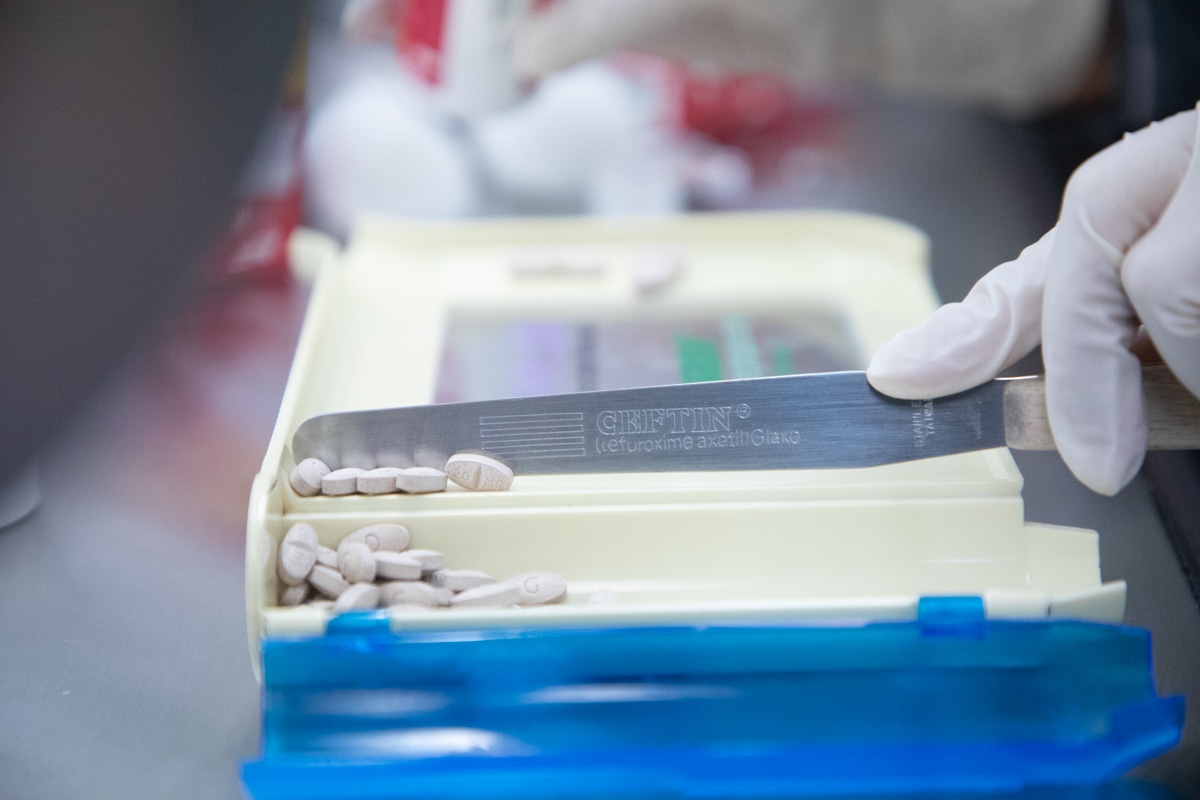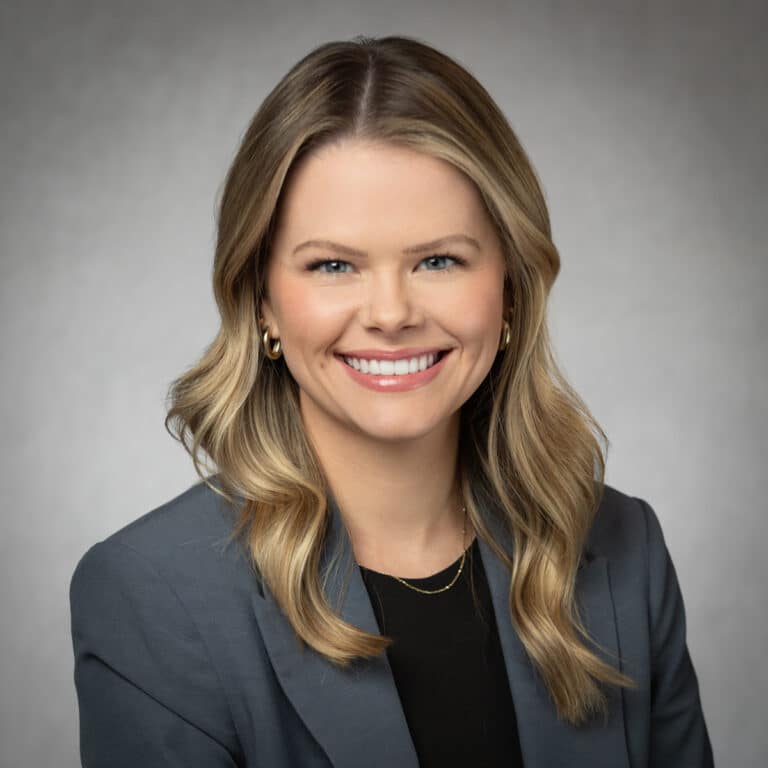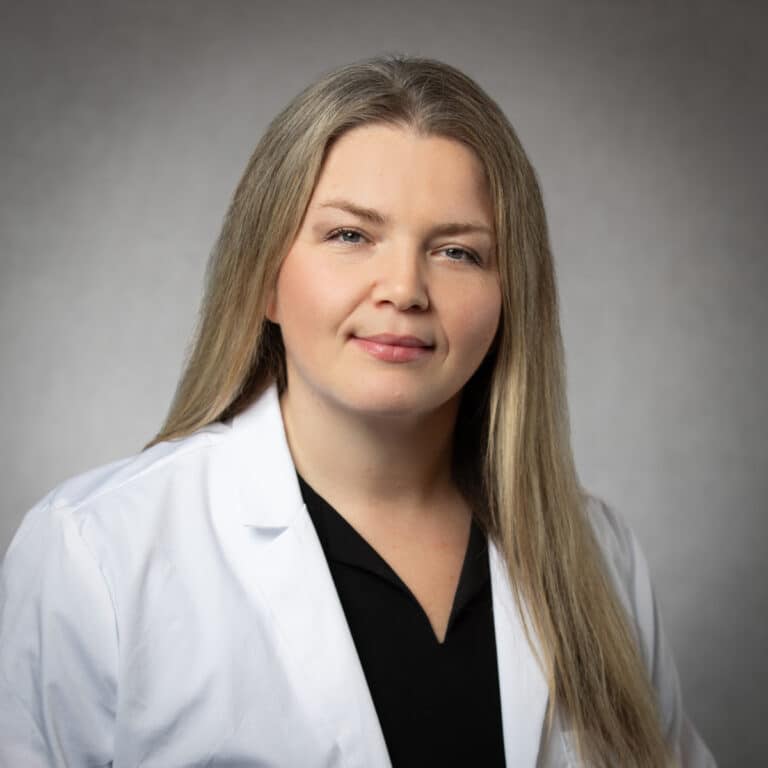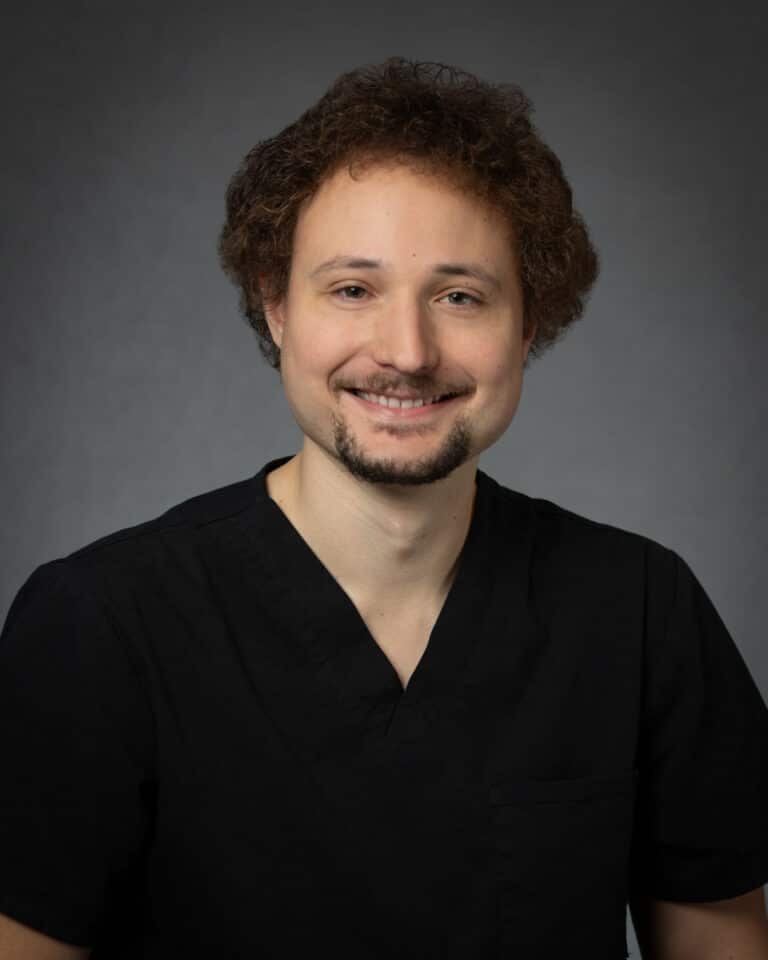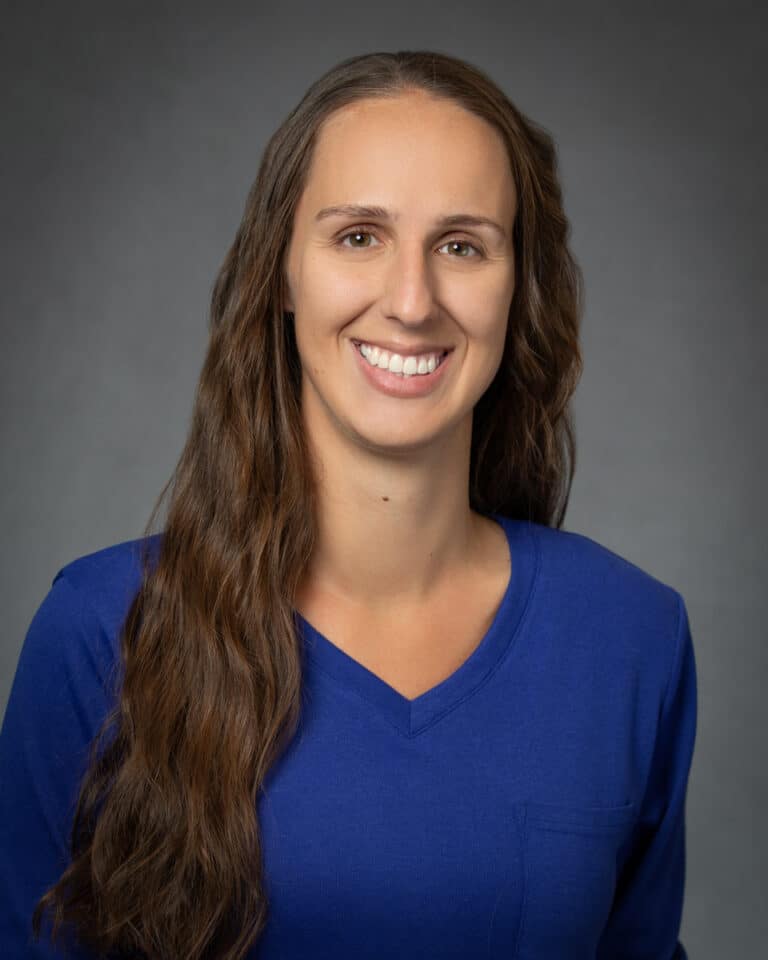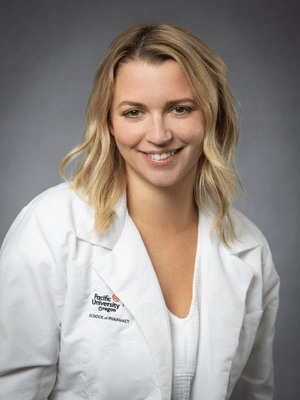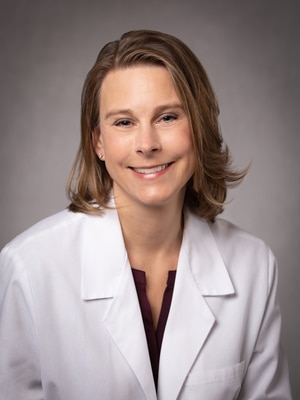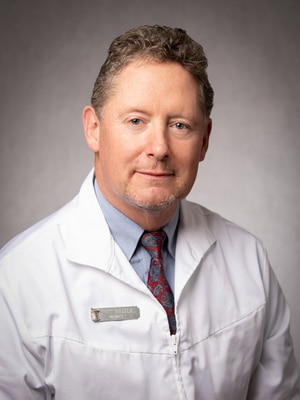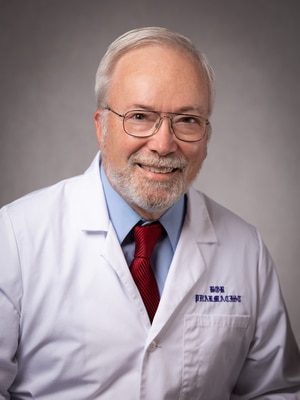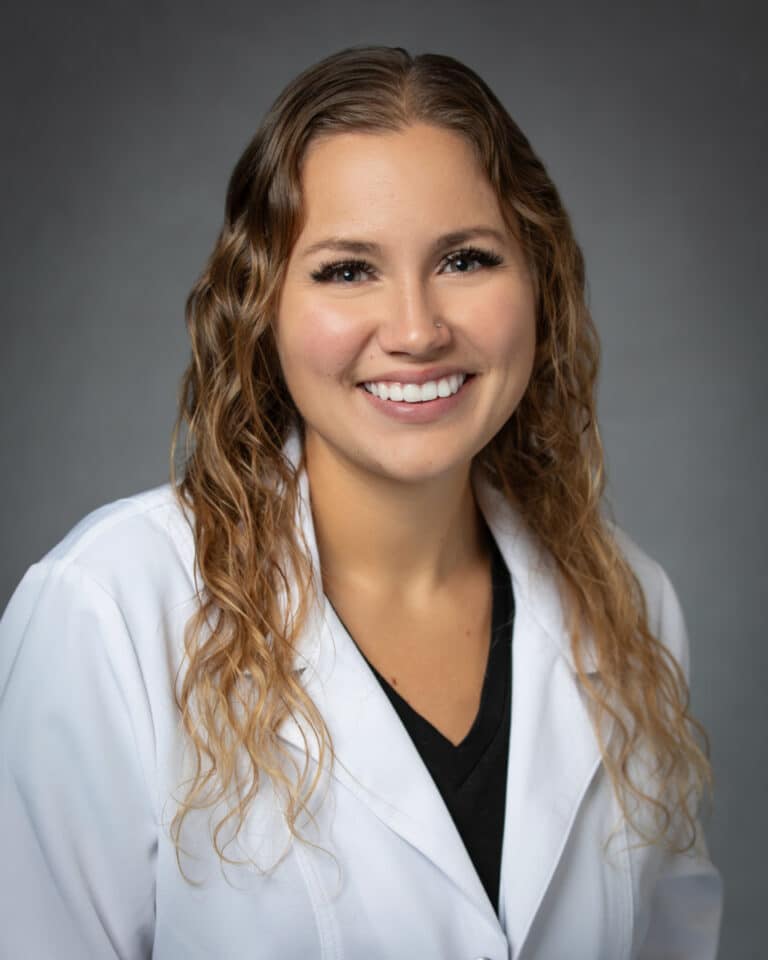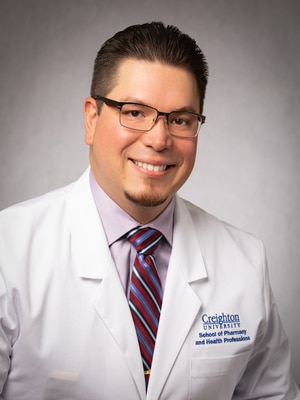Over the past several months, Northwest Compounders has received dozens of questions from veterinary practitioners about how the enforcement of GFI #256 on April 1, 2023, might impact the availability of compounded medications for in-clinic use. We have been closely monitoring the development of GFI #256 since its announcement last year and would like to provide all of our partners with an up-to-date overview of what this means for the veterinary industry.
With already one delay to the enforcement date, originally slated for October 1, 2022, industry professionals have been preparing to make all necessary adjustments as the new enforcement period quickly approaches. Beginning April 1, 2023, FDA inspectors will use the guidelines in GFI #256 to inspect compounding pharmacies. Compounding pharmacies are motivated to comply with FDA guidelines to avoid the negative consequences of non-conformity. FDA inspections occur infrequently and at random, so it’s best to be fully prepared to satisfy GFI #256 requirements on an ongoing basis.
The verbiage of GFI #256 is complex, but overall the guidance document aims to change three aspects of veterinary compounding:
- How clinic-use medications are made
- How prescriptions for compounded veterinary products are documented
- How compounded products are labeled
The first aspect, “how clinic-use medications are made,” has raised the most concern in the veterinary community. The guidelines provide very specific language that limits compounders to using a commercial product as the source ingredient when making clinic-use compounded products. This differs from the current practice of pharmaceutical compounding, where compounders prefer to use bulk powdered pharmaceutical ingredients, which oftentimes promotes better formulation compatibility with the absence of unwanted excipients at a reasonable price point.
The most challenging aspect of these new guidelines is that not all compounded products can be made from commercial products. The FDA has acknowledged that this statement is true. In instances where compounded products can’t be made from commercial products, the FDA has deemed it appropriate and necessary for compounders to continue compounding from bulk powdered drug substances. In order to identify all of the compounded products that cannot be made from commercial products, the FDA asked stakeholders to submit formula candidates to the FDA for review. The FDA received over 220 formula candidates for review. Once reviewed by the FDA, the formula candidate lands on one of two lists: the “List of Bulk Drug Substances for Compounding Office Stock Drugs for Use in Nonfood-Producing Animals” or the “Bulk Drug Substances Reviewed and Not Listed” list. Simply stated, the first list can be thought of as the “approved” list that contains all of the formulas that compounders can continue to provide to clinics in the same manner as they do now. The second list can be thought of as the “denied” list that contains all of the formulas that compounders need to stop producing or continue producing as long as they make the product using a commercial product as the source for the active ingredient.
As of February 6, 2023, the following formula candidates have been approved and added to the first list:
Bulk Drug Substance Dosage Form Strength/Concentration
Amlodipine besylate Oral Solution 1.25 mg/mL
Amlodipine besylate Oral Suspension 1.25 mg/mL
Amlodipine besylate Capsule 0.625 mg
Amlodipine besylate Tablet 0.625 mg
Amlodipine besylate Mini-Tab 0.625 mg
Apomorphine HCL Injection Solution 2.5 mg/mL
Cisapride Tablets or capsules 2.5 mg and 5 mg
Cisapride Oral Suspension 5-10 mg/mL
Cyclosporine Ophthalmic Ointment 1-2%
Gabapentin Oral Suspension 50 mg/mL
Guaifenesin Power for reconstitution, for Inj 50 gm
Idoxuridine Ophthalmic oint or solution 0.10%
Itraconazole with DMSO Ophthalmic oint or solution 1%-30%
Metronidazole Oral Suspension 80 mg/mL
Miconazole Nitrate Ophthalmic oint or solution 1-2%
Mirtazapine Tablet 1 mg-3.75 mg
Mirtazapine Capsule 0.5 mg-3.75 mg
Potassium Bromide Oral Solution 250 mg/mL
Rifampin Oral Suspension 100 mg/mL
Tacrolimus Ophthalmic Drops 0.01%-0.03%
As of February 6, 2023, the following formula candidates have been denied and added to the second list:
| Bulk Drug Substance | Dosage Form | Strength/Concentration |
|---|---|---|
| Amlodipine besylate | Oral Solution | Any concentration other than 1.25 mg/mL |
| Amlodipine besylate | Oral Suspension | Any concentration other than 1.25 mg/mL |
| Amlodipine besylate | Capsule | Any strength other than 0.625 mg |
| Amlodipine besylate | Tablet | Any strength other than 0.625 mg |
| Amlodipine besylate | Transdermal Gel | Any concentration |
| Amlodipine besylate | Oral Paste | Any concentration |
| Amlodipine besylate | Soft Chewable Treat | Any strength |
| Apomorphine HCL | Subconjunctival solution | 3.125-6.25 mg/mL |
| Apomorphine HCL | Subconjunctival tablets | 6.25 mg |
| Chloramphenicol | Ophthalmic Solution | 1% |
| Corticotropin | Injectable | 40 & 80 units/mL |
| Dexamethasone | Oral Powder | 10 mg/packet |
| Dipyrone | Injection Solution | 250 and 500 mg/mL |
| Enrofloxacin | Oral Paste and Suspension | 100 to 200 mg/mL |
| Fluoxetine | Capsules, tablet, soft chew treat, suspension, paste, transdermal gel | All strengths and concentrations |
| Isoflupredone acetate | Suspension for injection | 2 mg/mL |
| Maropitant citrate | Capsules | 2-120 mg |
| Maropitant citrate | Oral Paste | 20-40 mg/mL |
| Maropitant citrate | Oral Suspension | 1.8-60 mg/mL |
| Maropitant citrate | Soft Chew Treat | 2-60 mg |
| Maropitant citrate | Tablet | Aug-32 |
| Maropitant citrate | Transdermal Gel | 25-300 mg/mL |
| Maropitant citrate | Nasal Solution | 0.10% |
There are currently 181 candidate formulas that have not yet been reviewed by the FDA. It is our understanding that the FDA does not intend to penalize compounders for continuing to provide clinics with clinic-use medications that have been nominated but not yet reviewed.
Key Takeaways
- Enforcement of GFI #256 begins April 1, 2023.
- If a formula appears on the “approved” list, compounders will maintain their ability to provide it to a clinic in the same manner as they are currently doing.
- If a formula appears on the “denied” list, compounders may elect to stop providing that item for clinic-use or can continue to provide the item as long as the product is made using a commercial product as the source of the active ingredient.
- Using a commercial product as the source of the active ingredient will likely cause an increase in price and a change in consistency compared to a clinic-use product that is made from a bulk-powdered pharmaceutical ingredient.
- There are currently 181 formulas waiting to be reviewed. It is our understanding that compounders may continue to provide these medications to clinics in the same fashion as they are currently doing until the FDA has designated them to one of the two lists.
- A compounder’s ability to make compounded products for patient-specific use will not be impacted by the guidelines set forth in GFI #256.
- Northwest Compounders will give our clinic partners as much advanced notice as possible anytime a relevant product will be affected by these new guidelines.
- Beginning April 1, 2023, compounders will be required to ask veterinary prescribers for a “compounding justification” from the prescriber. If a justification for compounding is not provided, the compounder will prompt the prescriber (or the prescriber’s agent) to provide a justification for compounding. This justification must be documented on the prescription hard copy.
- To expedite this process, Northwest Compounders has created a fillable prescription form that is available on our website under the “Prescriber Resources” tab.
- Beginning April 1, 2023, new labeling requirements will require compounders to include warning statements and other verbiage on prescription labels.
